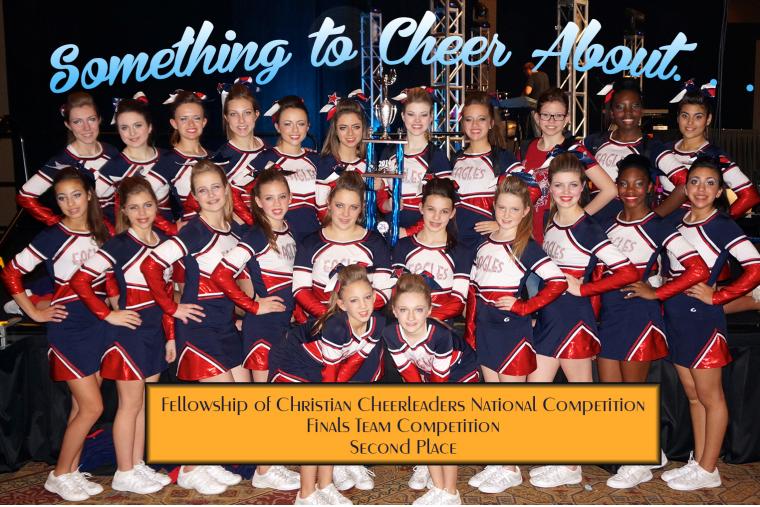

Back in May of 2019, one of the big debates was whether homeschooled students should be allowed to play on high school teams. Coaches were against it and so were many legislators. And in Texas, the coaches scored a big victory, using the argument that homeschool students could instead join clubs and rec programs in order to compete.
Fast-forward one year and it’s a different story. Across the U.S., parents are developing neighborhood “microschools,” inspired by the one-room schoolhouses of yesteryear. In some areas, parents are planning to share supervision of students during periods of remote learning; in others, they’re pooling the money needed to hire a full-time teacher to come to them and work directly with a small group of students the same age.
Either way, it leaves many students looking for an opportunity to compete. And travel sports may want to market to this new group, which could constitute the X Factor that could propel exponential growth.
It’s useful to consider the debate that occurred a year ago in Texas when Rep. James Frank (R-Austin) introduced legislation that would have made it easier for homeschooled students to participate on their high school sports teams. High school coaches – who took the view that only students who physically attended classes should be allowed to represent their schools – started an immediate phone, e-mail and social media campaign, barraging lawmakers with requests to kill the legislation. The coaches’ campaign won out.
What is notable here to event owners right now is this: coaches cited the fact that homeschooled students who want to play sports club sports have multiple opportunities to do so outside of varsity and JV programs. Rec programs, club programs and summer sports were named – but so were travel sports and other private programs.
These days, travel sports could become very enticing to those students who want to compete either in the name of their local homeschool association, or independently, in non-team sports such as golf, cross country and track & field.
The demographic is already there. According to the National Center for Education Statistics (a division of the U.S. Department of Education‘s Institute of Education Services), the number of children being homeschooled has been on the grow for a while - and recently, has exploded. In 2018, there were about 1.7 million homeschooled children, an increase from about 1.5 million in 2007, and 850,000 in 1999. The rise in children involved has led to an increased number of parents who are looking for ways to satisfy physical education requirements, to promote healthy activities, and to allow children to socialize with one another.
A recent survey of 1,000 parents from Varsity Tutors found a whopping 47 percent of parents are considering home schooling for the 2020 school year. Normally only 3 percent of families home school in a given year, the organization said.
While some tournaments, such as those listed on the Homeschool Sports Pulse, market solely to homeschooled teams and athletes, larger tournaments may find a new and eager audience in this demographic.
The problem, unfortunately, has been a lack of centralized information. Record-keeping and tracking methods vary from state to state, and even from jurisdiction to jurisdiction. There is not a national association or state organization that homeschool parents are required to join, which makes it challenging to market directly to a large group of parents at one time. In addition, there are various homeschooling methods. Some use an organized curriculum, while others rely on parents’ judgment. Many homeschooling curricula do not require P.E. credits at all for younger children.
Technology is also on the side of the event organizer – and on the side of homeschooling parents. Individuals who choose to homeschool their children tend to be strong believers in networking, and in sharing resources. Event owners can seek out websites for various homeschool organizations. Often, such sites will have a section where parents can post their needs, such as instruction in specific sports or subjects. Almost all have a "contact us" mechanism, which can be your ticket to getting inside.
Ultimately, success in marketing to homeschooling parents is dependent upon establishing a presence and getting the word out. Event owners may want to attend any homeschool association conferences or conventions held in their state.
Much will depend upon the level of interest from, and cooperation of, the homeschooling groups themselves. In the long term, however, making contact with such groups will be a process, not an event – an investment of time today and in days to come that can pay dividends down the road.
Various resources exist on the Internet, listing homeschool activities pertaining to sports. Some may be state-specific while others take a broader approach such as this site, which lists sports offerings for homeschooled students in multiple states.
Event owners who are working on a campaign to bring in homeschooled students and teams should be prepared to do the legwork for them:
- Hit the Internet. Type in the state where the tournament or event is to be hosted and the word ‘homeschool.’ Remember that one state may have multiple associations that homeschooling parents can join.
- Work the network. Check around in your club or workplace for parents who homeschool their children. Explain your program and ask for ideas on reaching others.
- Get social. Attend open houses and education fairs.
- Check community events. Homeschooling parents sometimes have tables at local festivals, block parties or other community events to share about their resources.
- Market the opportunity: Make sure homeschooling parents know that attending such tournaments brings multiple opportunities. In addition to the chance to compete against different teams, there may be other events such as skill clinics, expos, equipment sales and swaps and similar events that are of value to athletes.

